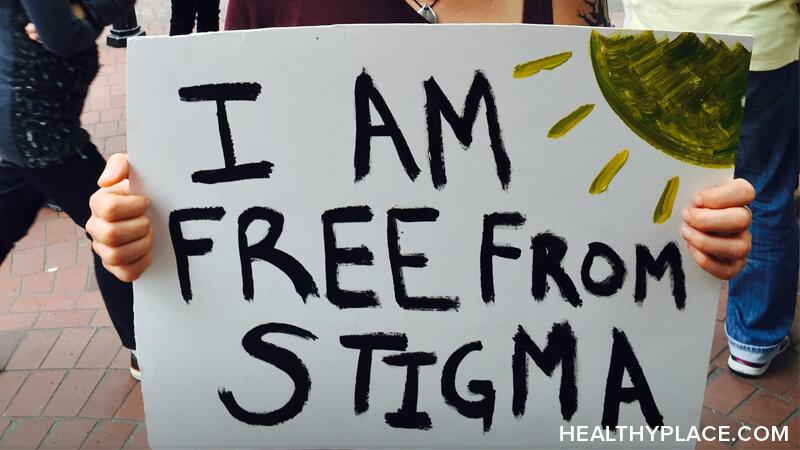Talking About Eating Disorders: Let's Change the Dialogue

The language society uses when talking about eating disorders is weird. But as survivors—or allies of survivors—with firsthand experience of the illness, we have the power to change this dialogue. Within the context of mainstream culture, eating disorders and those of us impacted by them, are often branded with limiting quantifiers and descriptors. These labels seem like barriers in direct opposition to eating disorder recovery, but we can either accept the status quo or initiate another conversation—one that advocates for the potential of courage, strength and healing.
Talking About Eating Disorders Without Labels
Consider this: if we're prescribed allergy medicine, the doctor won't announce, "You are inflammation and congestion."
Of course not—the phrasing is, "You have inflammation and congestion."
But in the treatment of eating disorders, that verbiage is swapped. In fact, it's a normal expectation to hear, "You are bulimic" or "You are anorexic."
These are enmeshed in our society's lexicon, and that's weird.
It's also both stigmatizing and dehumanizing. When our personhood is attached to an eating disorder, we begin to view our identities as "bulimic" or "anorexic." We merge emotionally with the same illness that has ravaged us physically. And the notion of recovering can fill us with dread—we're afraid that to lose the eating disorder means to lose part of ourselves. Society tends to propagate this myth, but a change in dialogue is within our reach.
Talking About Eating Disorders in a New Way
The choice is ours. We can either kowtow to a social stigma on mental illness which spreads the belief: Eating disorder equals identity. Or we can oppose that systemic delusion and reframe the conversation. This starts with the language used to describe ourselves. Instead of saying, "I am bulimic/anorexic and will never be seen as more," we can experiment with a kinder approach to our own self-talk.
So talk about eating disorder like, "I have bulimia/anorexia, but it's one chapter of my narrative—not the whole story. I can be healed and restored. I can live beyond limitations. I have an eating disorder. I am not the eating disorder."
Society's approach to this issue is backward, but how we respond is still our decision. We are free to recover and reclaim a true, authentic, human identity (Eating Disorder Recovery--Rebuilding Your Identity).
APA Reference
Schurrer, M.
(2018, February 21). Talking About Eating Disorders: Let's Change the Dialogue, HealthyPlace. Retrieved
on 2026, March 5 from https://www.healthyplace.com/blogs/survivinged/2018/02/how-society-talks-about-eating-disorders-is-weird-lets-change-the-dialogue
Author: Mary-Elizabeth Schurrer
I like how you said that you should change the self-talk that you use in order to have a better view of an eating disorder. Having access to an eating disorder residential treatment center combined with this new kind of thinking would probably be really helpful. That way you are getting personal and professional help at the same time.
Absolutely! Clinical treatment does indeed offer invaluable resources for reframing the messages that eating disorder sufferers communicate to themselves. A dualistic approach of professional healing and personal self-care is such an important tool for recovery. Thank you so much for weighing in with your insights!